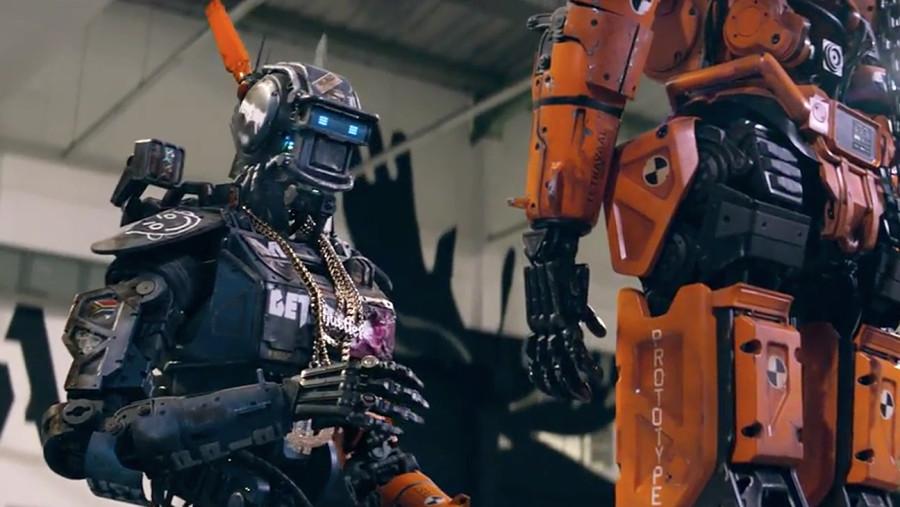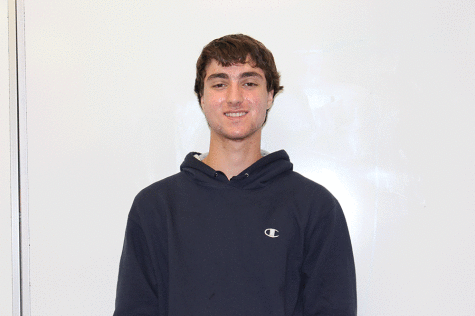Chappie: New robot, old concept
The new Neill Blomkamp film brings nothing new to the table
At the beginning of “Chappie,” Michelle Bradely (Sigourney Weaver) addresses Vincent Moore’s (Hugh Jackman) alternate creation to replace the robot police force as “overkill.” Overkill is the most accurate way to describe Neill Blomkamp’s new sci-fi film.
“Chappie” takes place in a futuristic version of Johannesburg, South Africa (the same setting of Blomkamp’s first film, District 9) where the police force is given mechanized robots in an effort to reduce the crime rate. With the success of the new droids, designer and creator Deon Wilson (Dev Patel), develops a new program that will give these robots the ability to think and feel for themselves. However, Deon’s colleagues (Weaver and Jackman) believe if this program were to be installed into the bots, it would be the end of mankind. In his struggle, Deon eventually steals one of the damaged robots and installs the program onto it, and that’s when Chappie (voice and motion capture performance by Sharlto Copley) is born.
Even with Copley playing a robot, he still ends up giving a better performance than the rest of the supporting cast. Patel is perfect for his role as the quirky genius, but quickly becomes inessential when Chappie steps into the picture. Sci-fi goddess, Sigourney Weaver, manages to scrap up a few solid minutes of screen time before she’s vanishes until the end of the film.
For the film’s villain, we have Hugh Jackman, who probably gives the worst performance of his career. With an ugly mullet and tight khaki shorts, it’s hard to take Jackman seriously in his attempt to maintain the status quo and destroy Chappie. We also have Yolandi Visser and Ninja from the South African band Die Antwoord. They both prove to be extremely aggravating characters, especially when they take the plot in a different and unexpected direction.
Chappie turns out to be one of the most likable film characters in recent memory. When he’s introduced about a quarter of the way through the film, it’s like watching a child take their first steps. We see Chappie progress and learn, which is the most enjoyable sequence of the whole movie.
On the opposite side, when we’re introduced to recycled questions such as “what is consciousness?” and “can A.I. truly think for themselves?” the film gets a bit overkill. “Chappie” tries too hard to bring new life to these questions, as other movies such as “A.I. Artificial Intelligence” and “Her” have already explored this concept. In the end, it becomes more of a “been there, done that” scenario, with the only difference being a new robot at the center of the action.
“Chappie” is an entertaining film that explores a robot with personality, but in the end is a disappointing directorial turn from Blomkamp, who has made far better sci-fi films in the past.
2/5 McKennas














